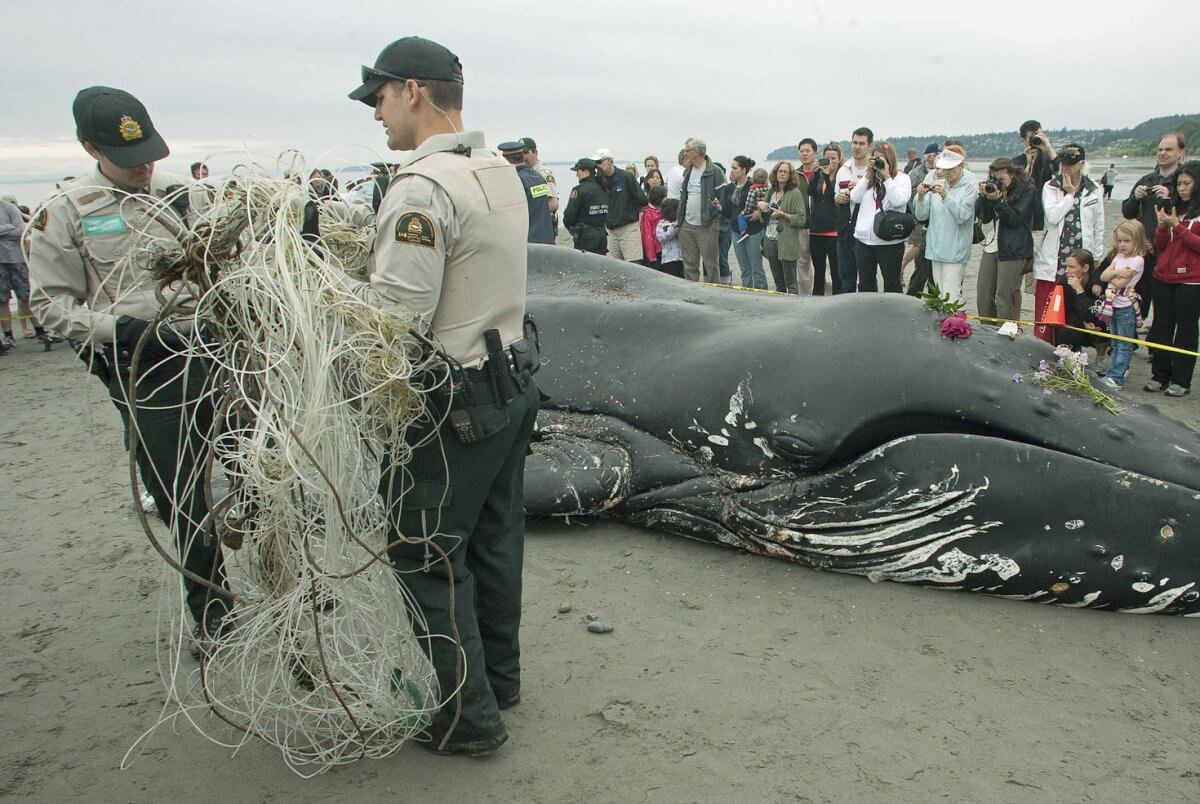After around 20 years of discussions, 193 members of the UN concluded an agreement late Saturday night to protect marine biodiversity on the high seas.
The treaty is being referred to as the “High Seas Treaty” as it seeks to counter the “triple planetary crisis of climate change, biodiversity loss, and pollution.”
Overview
UN Chief António Guterres lauded the treaty as a “victory for multilateralism.”
A historic breakthrough for #oceans, #conservation & for future generations!
— Achim Steiner (@ASteiner) March 5, 2023
After years of negotiations, @UN member states finally agreed 1st ever #BBNJ treaty to protect 30% world's seas & reverse marine biodiversity 🙏 to scientists, advocates & committed negotiators! pic.twitter.com/cGlbGm9MRO
Likewise, Singaporean Rena Lee, who presided over the Intergovernmental Conference on Marin Biodiversity of Areas Beyond National Jurisdiction in New York, announced that the members finally agreed on the terms of the treaty after two weeks of discussions, and would meet in the coming days to adopt the text of the document formally. Nonetheless, she clarified that the provisions and exact text of the document were finalised and will not be discussed.
The High Ambition Coalition, which is led by the EU, the US, the UK, and China, spearheaded the discussions, which began on 20 February and concluded in a two-day final session. These were the fifth rounds of talks on the matter, with the previous negotiations in August ending without any conclusion.
International Response
The EU pledged $42 million to ensure the treaty’s ratification and implementation, and the European Commissioner for the Environment Virginijus Sinkevičius lauded the agreement as a “crucial step” for the high seas that could benefit generations.
He added, “It is also a proof of strengthened multilateral cooperation with our partners and a major asset to implement our COP 15 goal for 30% ocean protection.”
"A victory for multilateralism."
— Al Jazeera English (@AJEnglish) March 5, 2023
UN member states have finally agreed to a text on the first international treaty to protect the high seas https://t.co/ycwHrgEVy5 pic.twitter.com/zN7gqBEHhO
Meanwhile, countries of the Global South sought to ensure a fair and equitable approach to the text. Several developing countries opposed developed nations, demanding the proper distribution of marine genetic resources, such as deep-sea marine sponges and corals, which are valuable for medicines and cosmetics.
Sierra Leonese Michael Imran Kanu, the head of the African Group, advocated for the shared monetary and non-monetary fund and the provision for the “common heritage of humankind.”
30x30 Pledge
The agreement will help achieve the 30x30 pledge made during the UN biodiversity conference in December, which seeks to protect one-third of the sea by 2030.
The treaty will cover two-thirds of the seas outside nations’ territorial boundaries and set up Marine Protected Areas (MPAs). It will prevent the loss of wildlife and hold countries accountable in case of a failure to protect biodiversity.
Feels surreal. Took over 20y & locking up ppl at the UN for 48h but high seas treaty now agreed. Congratulations to all who worked hard for this historic day. A pleasure to be on this journey w you- now let’s make change on the water! pic.twitter.com/rs2jMyBjXJ
— Sofia Tsenikli (@sofia_tse) March 5, 2023
Environmental NGOs Celebrate Document
Veronica Frank, a representative for Greenpeace, celebrated the success of the agreement amid a divided international community.
Meanwhile, Pew Charitable Trust Director Liz Karan said setting up the MPAs will “play a critical role in the impacts of climate change.”

